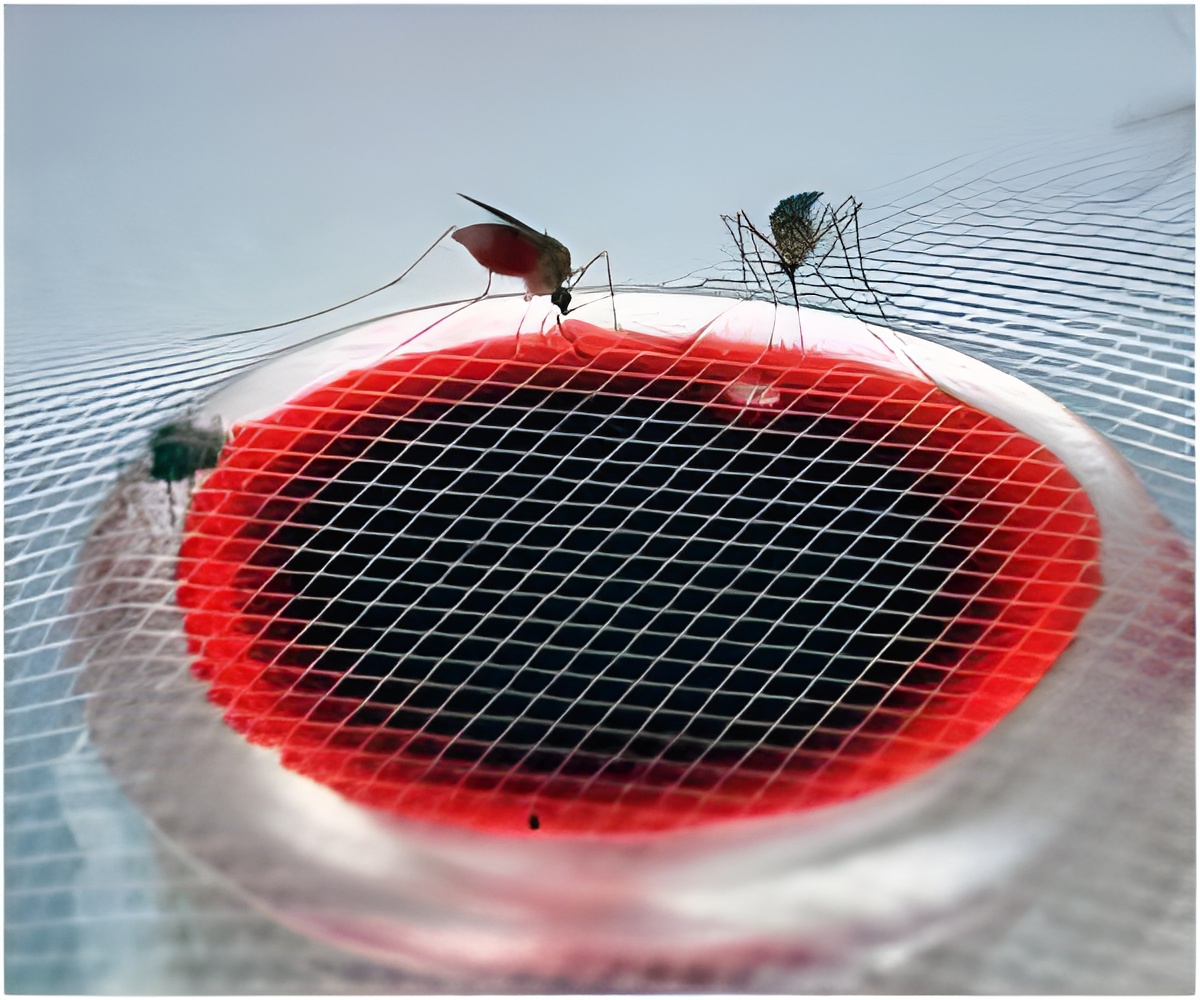
In order to be infectious the malaria parasite has to navigate through this hemo lymph to reach the salivary glands. It is possible to prevent malaria by genetically modifying the fungus to release anti-malarial agents into the hemo lymph. As the fungal spores enter the mosquito by contact, they can be applied to surfaces as insecticides are applied on walls, ceilings and bed nets or by spraying baited stations. The idea of this new technique is to break the cycle of mosquito's transmitting the disease to humans.
It may take some years for this genetically modified fungus to be approved for use. However this would not be the first fungus-based product in the market. A similar modified fungus is already in use against locusts in Africa, Australia and China. The idea of this technique is to break the cycle of mosquito's transmitting malaria into humans. This major breakthrough is heralded as a significant development in the battle against malaria which claims million lives every year.
Source-Medindia













